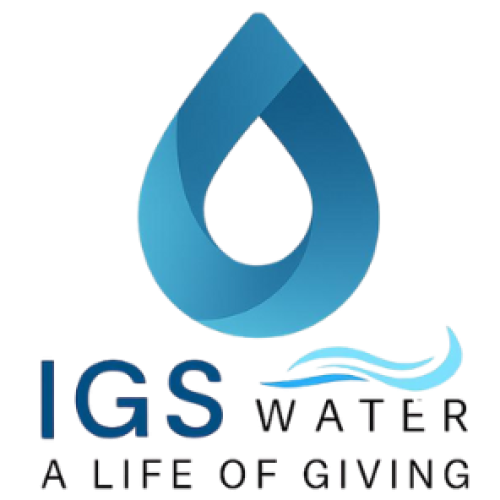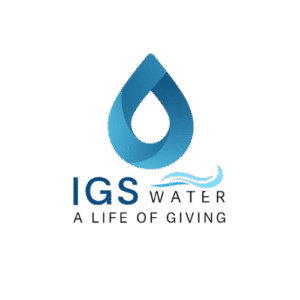Water is one of the most essential resources for life, yet today, billions of people around the world face the effects of water scarcity. According to global reports, nearly two-thirds of the population experience severe water shortages for at least one month each year. Rapid population growth, urbanization, climate change, and inefficient water management practices are pushing our freshwater resources to the limit.
Without sustainable solutions, the gap between water supply and demand will continue to grow, affecting households, agriculture, and industries. This is why organizations, communities, and technology providers must work together to find smarter ways to conserve, recycle, and manage water.
At IGS Water, we are committed to developing innovative and energy-efficient technologies that address water scarcity while promoting environmental responsibility. Below are some key strategies and solutions.
Efficient Water Treatment Systems
One of the most effective ways to tackle water scarcity is through advanced treatment systems that maximize the use of existing water sources. Reverse Osmosis (RO) systems, for example, can treat seawater or brackish water, providing high-quality freshwater for communities and industries. When paired with Clean-In-Place (CIP) systems and anti-scalant dosing, these RO units can operate at high efficiency and maintain long-term reliability.
Additionally, nanobubble technology is transforming water treatment by increasing dissolved oxygen levels, reducing odors, and improving water clarity. This not only enhances water quality but also reduces the need for chemical treatments, making the process more sustainable and cost-effective.
Smarter Irrigation Solutions
Agriculture accounts for nearly 70% of global freshwater use, making it a critical area for improvement. Traditional irrigation systems often lead to water wastage through evaporation and runoff. By adopting modern pumping skids, automated irrigation systems, and oxygen-enriched water solutions, farmers can deliver water more efficiently to crops.
These systems improve soil health, increase crop yields, and reduce the overall water footprint of farming. In regions where drought is a recurring challenge, smarter irrigation solutions are not just beneficial — they are essential for long-term food security.
Sustainable Industrial Practices
Industries also play a significant role in water consumption, particularly in sectors like manufacturing, energy production, and food processing. However, much of this water can be recycled and reused. By implementing efficient aeration, filtration, and water monitoring systems, industries can dramatically reduce wastage and cut down operational costs.
For example, destratification systems can prevent water stagnation in industrial reservoirs, ensuring better circulation and oxygen distribution. These solutions reduce the risk of algae blooms and maintain consistent water quality for production use.
Community Awareness and Action
Technology alone cannot solve water scarcity. Communities and individuals must also play an active role. Awareness programs that teach people about water conservation — from fixing household leaks to adopting rainwater harvesting — can make a meaningful impact. When communities work hand-in-hand with technology providers and governments, water challenges can be addressed more effectively.
A Commitment to the Future
At IGS Water, we believe that access to clean and sustainable water is a basic right. Our mission is to deliver innovative, energy-efficient, and eco-friendly water solutions that support industries, agriculture, and communities worldwide. By integrating smart technologies and sustainable practices, we aim to help tackle water scarcity today while building a more secure water future for generations to come.

